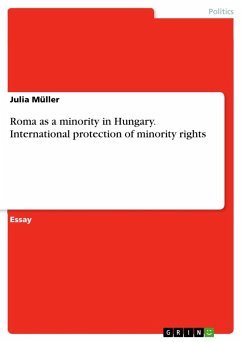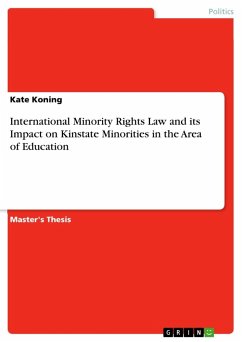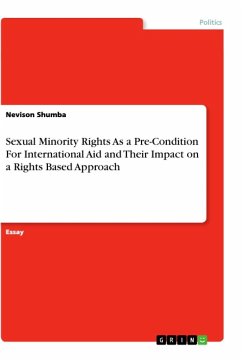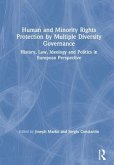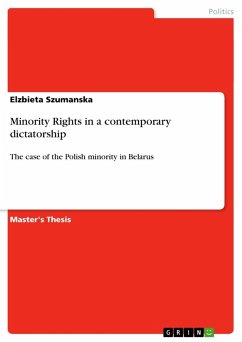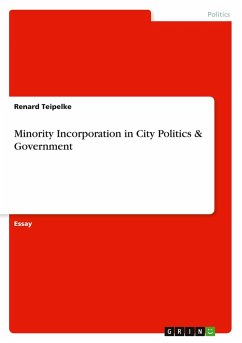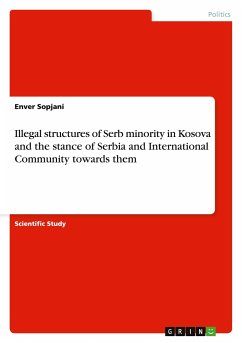Essay from the year 2021 in the subject Politics - Other International Politics Topics, grade: 1,3, National University of Public Service (LUDOVIKA, Budapest, Hungary), language: English, abstract: This essay examines Roma as a minority in Hungary. Roma people represent one of the largest ethnic minority group within Europe. It is exceptionally difficult to assert the population of Roma accurately because some governments do not count Roma in their census figures or Roma hide their ethnic origin out of anxiety to face discrimination. Nevertheless, it is estimated that between 10 to 12 million Roma live in the continent of Europe today. The term Roma does not refer to a homogeneous ethnic group but rather summarizes various groups with a different culture and history. The language ¿Rromanës¿ can be considered to be the common language between Roma people but it has numerous dialects and many Roma have been linguistically assimilated and speak Hungarian. With the creation of nation states in the 18. and 19. century, attempts were made to make the newly developed states ¿linguistically and culturally homogeneous¿. The new nation states tried to reach the goal of national unity by implementing a centralized government, national symbols, one official state language as well as state supported cultural development. Non-dominant groups put an effort into keeping their individual cultural, religious, ethnic or linguistic heritages from extinction. They were anxious about the future of the ongoing process of nation-building and democratization which equalizes to the lead of the majority group.
Hinweis: Dieser Artikel kann nur an eine deutsche Lieferadresse ausgeliefert werden.
Hinweis: Dieser Artikel kann nur an eine deutsche Lieferadresse ausgeliefert werden.

